Cyberpunk 2077: Phantom Liberty Review – So Long Night City
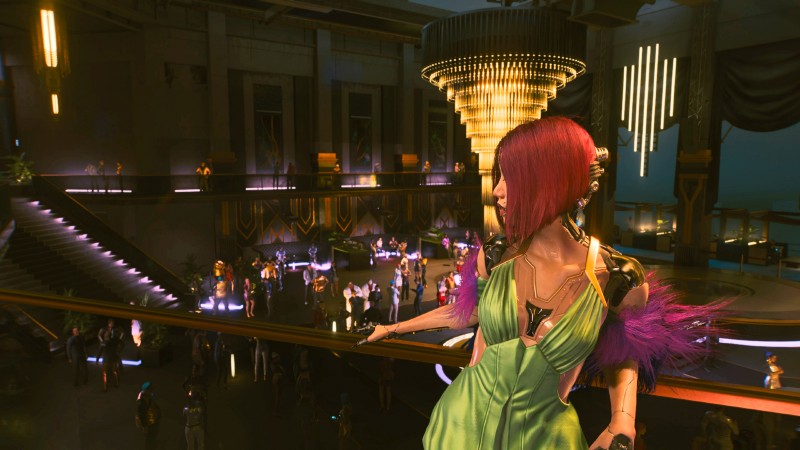
Reviewed on:
Xbox Series X/S
Platform:
PlayStation 5, Xbox Series X/S, PC
Publisher:
CD Projekt
Developer:
CD Projekt Red
Release:
September 26, 2023
Rating:
Mature
Since its disastrous launch in 2020, developer CD Projekt Red has delivered critical updates to Cyberpunk 2077 to align it more closely to the original vision, but Phantom Liberty, coupled with the free Update 2.0, is its biggest yet. This new expansion trades in the high-octane mercenary vibes of Cyberpunk 2077 for a more subdued spy thriller, and offers a well-made trove of new ways to experience Night City. The expansion features a great cast of personalities, all well-performed, even if some are underused. Interacting with those characters across new gigs and jobs in the added Dogtown district is good fun throughout. A few twists and turns, narratively and mechanically, make Phantom Liberty feel unique within the broader swath of stories to experience in Cyberpunk 2077.
Despite all that, the new ending to V’s journey added by Phantom Liberty steals the show, distilling the essence of the cyberpunk sci-fi genre into an emotionally charged message of what it means to exist in this dystopia.
After Rosalind Myers, president of the New United States of America, crash lands in Night City’s Dogtown, V is contacted by netrunner Songbird to save her. Doing so won’t be easy as Dogtown is controlled by Kurt Hansen, a former NUSA colonel with ties to Myers and her operation, and his private army. And that’s why Myers asks you to get the help of Solomon Reed, a former NUSA spy played by Idris Elba. Given their history, the connection between Reed and Myers, their knowledge of Hansen, and a few other characters introduced in Phantom Liberty, it doesn’t take long for the expansion’s spy web to be spun.


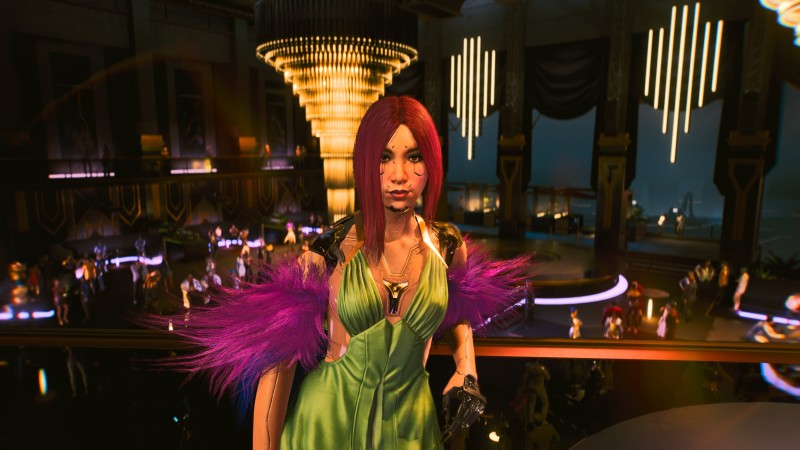
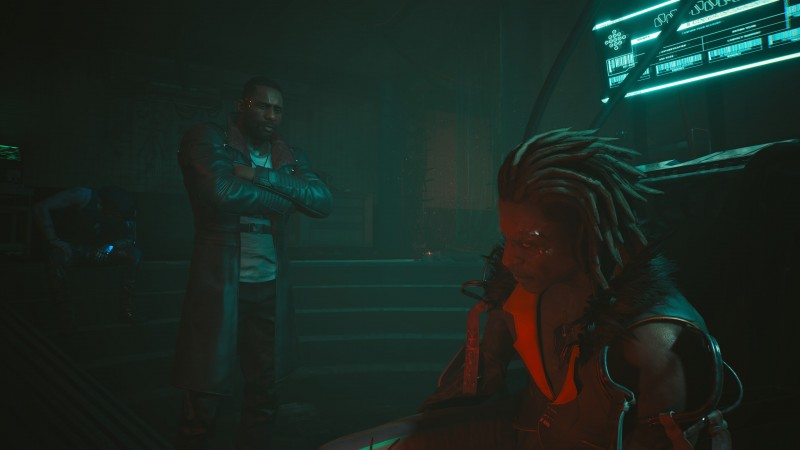
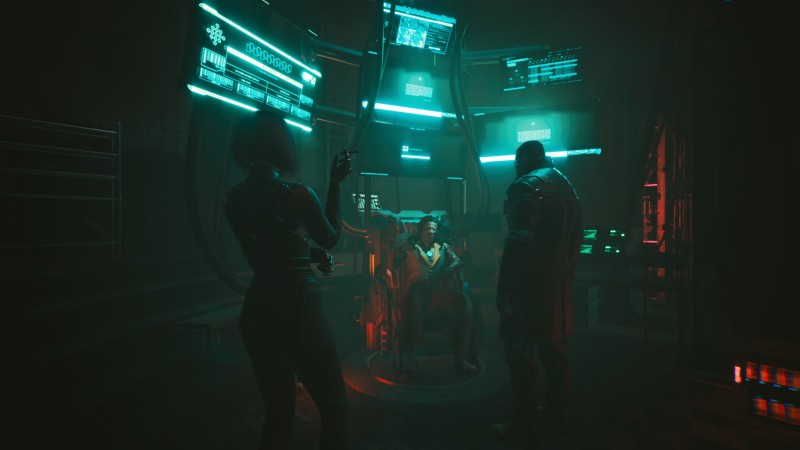
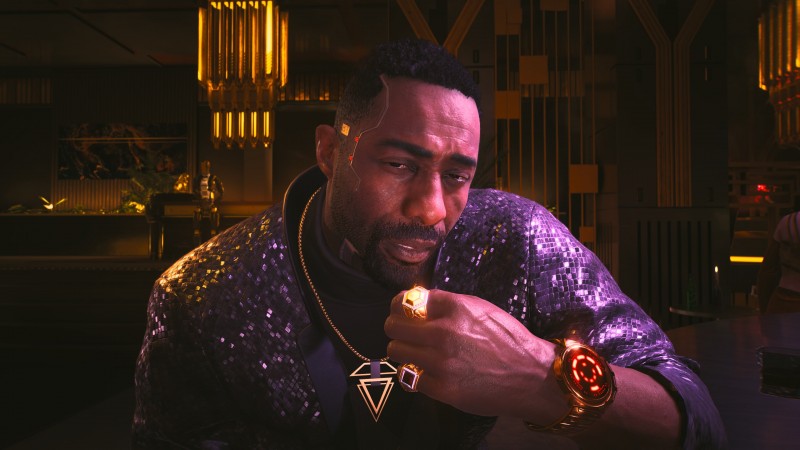
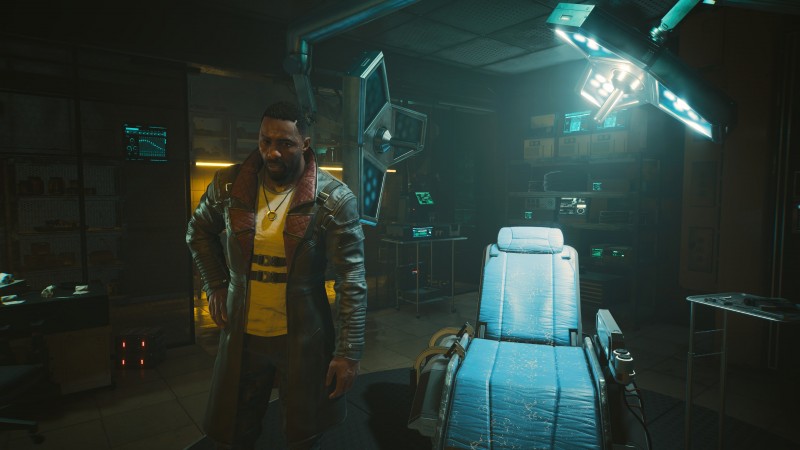
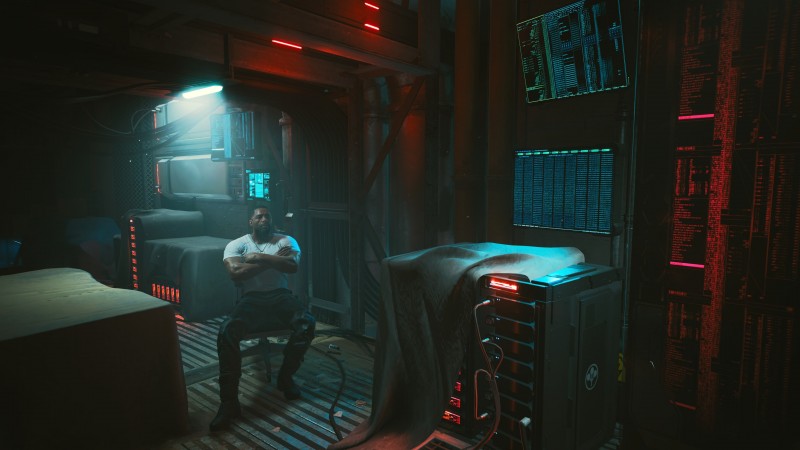
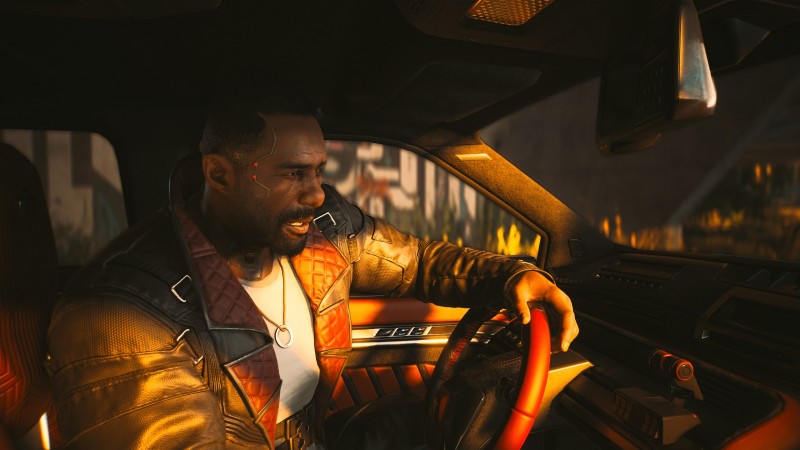
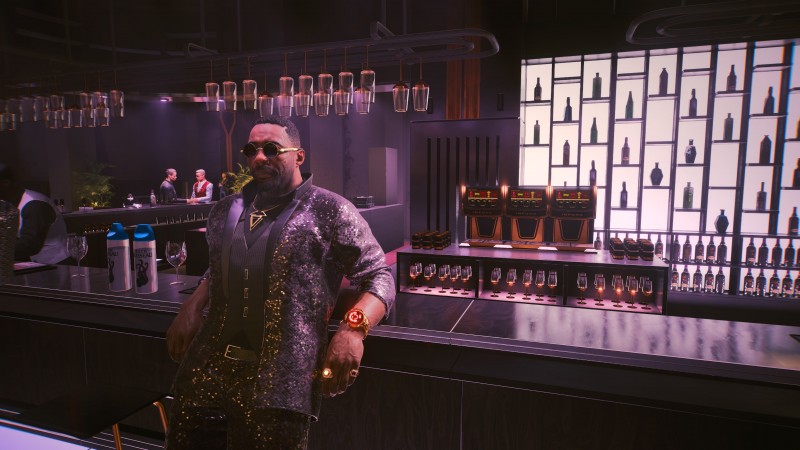
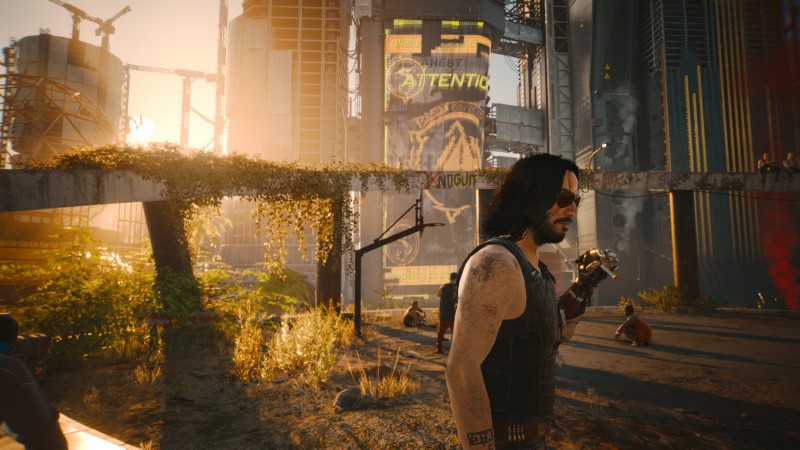
This web brings the twists, turns, and surprises I expected out of a spy thriller, and while I was rarely caught completely off guard, I still enjoyed following its various paths. But the enjoyment I got out of Phantom Liberty’s narrative was less about the actual beats and more about how they turned Cyberpunk 2077’s gameplay on its head. Phantom Liberty doesn’t force any gameplay approach on you, but it heavily nudges you into stealth and reinforces that with various new weapons and mechanics.
I loved relying primarily on a silenced pistol to weave in and out of cover and enemy sightlines. And I loved secretly interrogating subjects so I could then become them using special masking technology even more. Phantom Liberty succeeds most when it fully embraces the “spy” part of its pitch.
The spy aspect lends itself well to the roleplay of Phantom Liberty, too. While the few setpiece shootouts are memorable, I’ll remember most fondly the time I spent analyzing a target’s personality while playing roulette, guiding Reed through an enemy-infested hideout through the lens of a sniper, and sneaking into an airport.
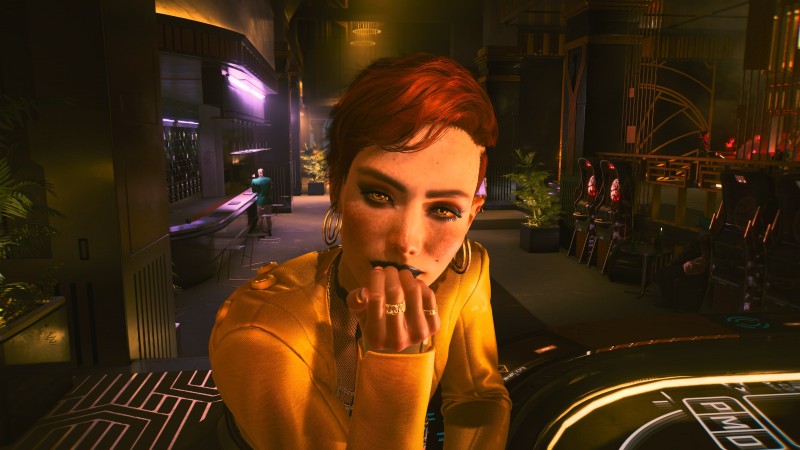
Outside my spy escapades, I enjoyed Phantom Liberty’s new gigs and jobs, whether securing airdropped packages filled with valuable loot, delivering a car across town, or engaging with Night City’s eccentric residents throughout various side missions. That all of this, and most of the main story, is housed within the new Dogtown district, which mixes Vegas-esque cheap luxury with vertical slums, is another plus.
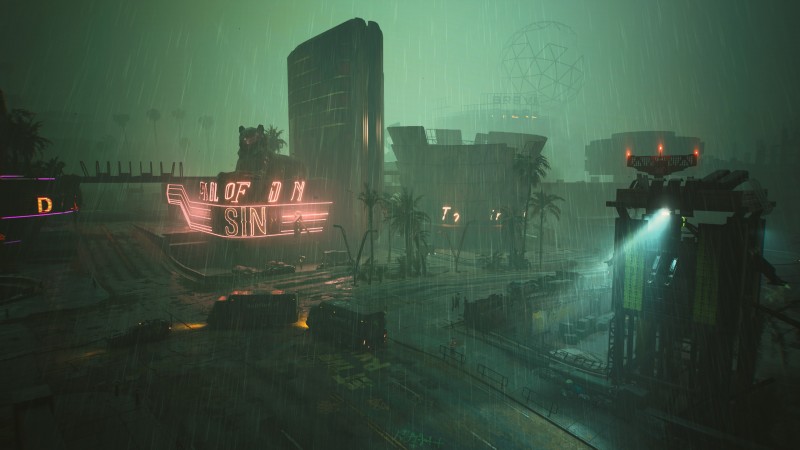
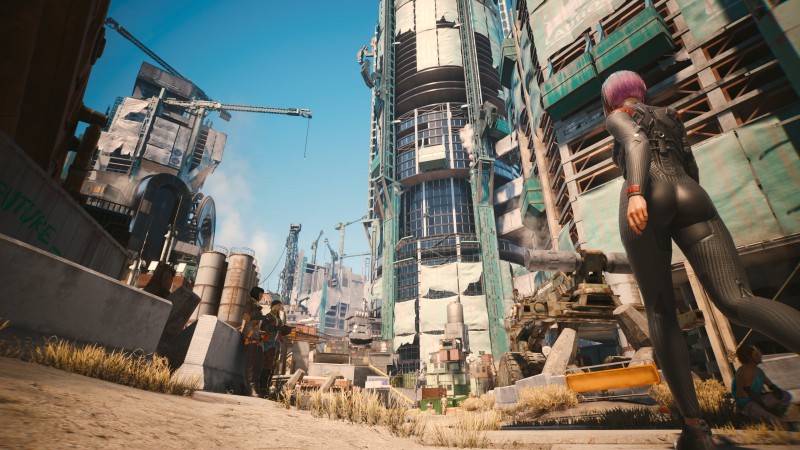
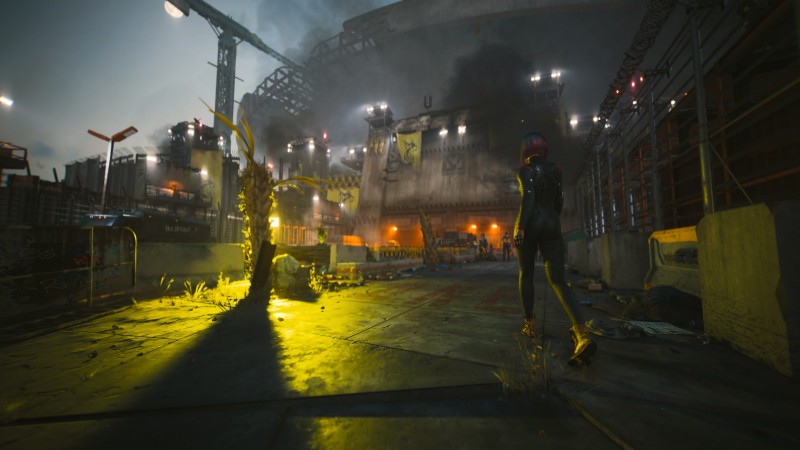
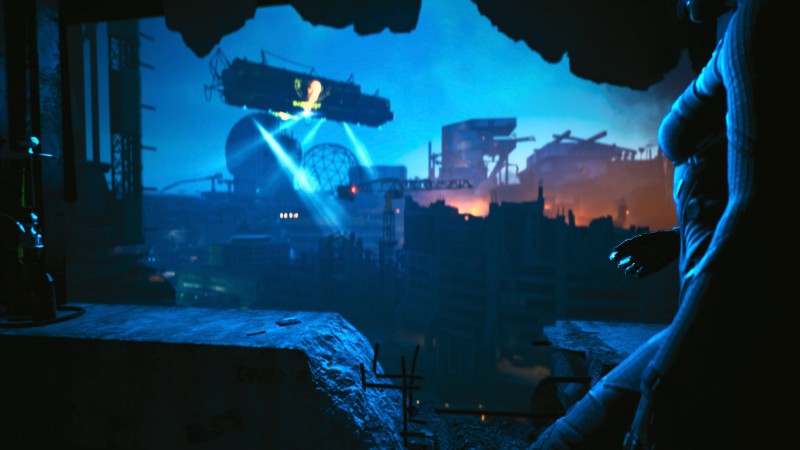
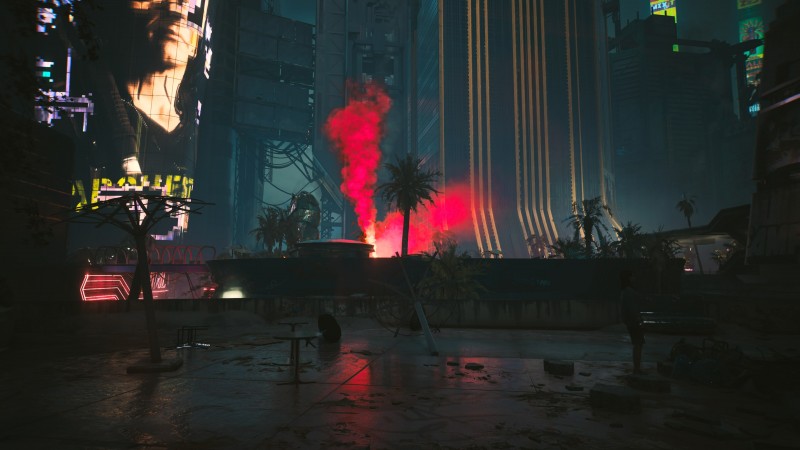

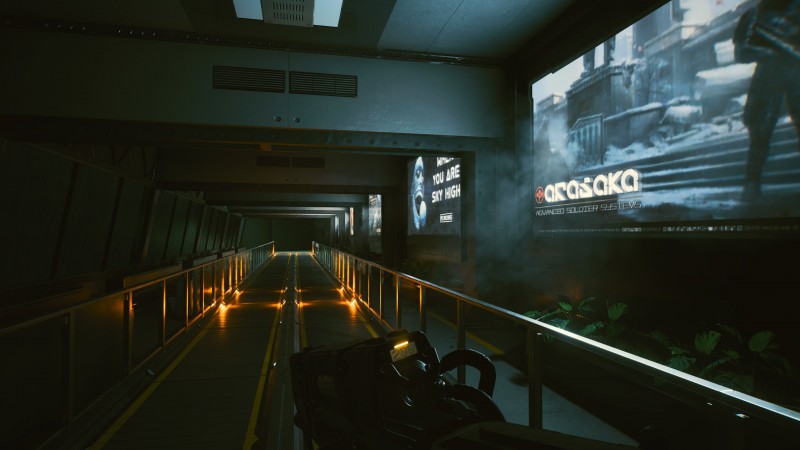

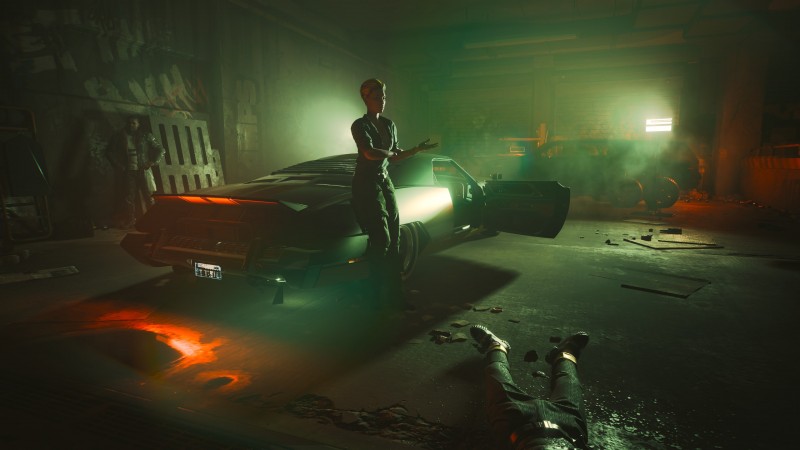
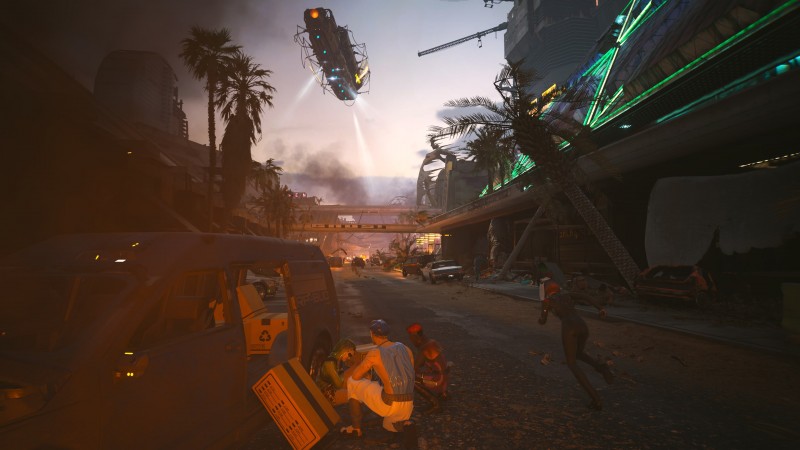
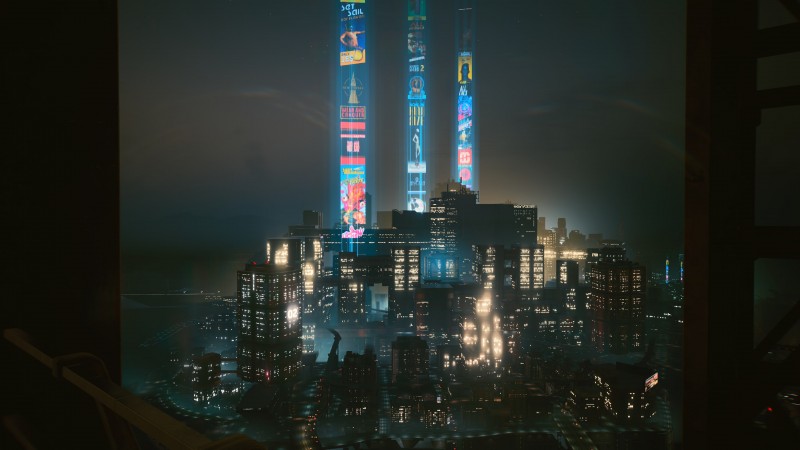
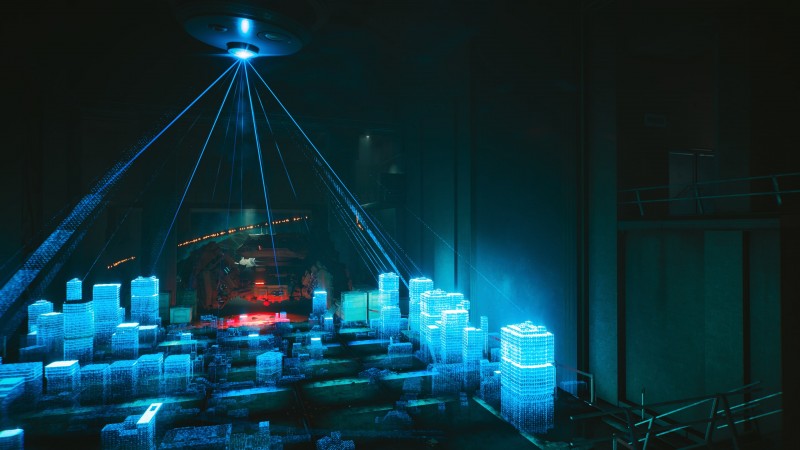
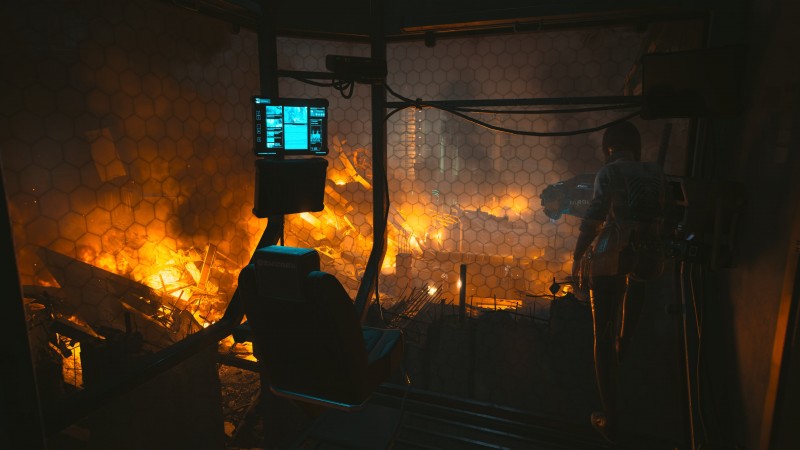
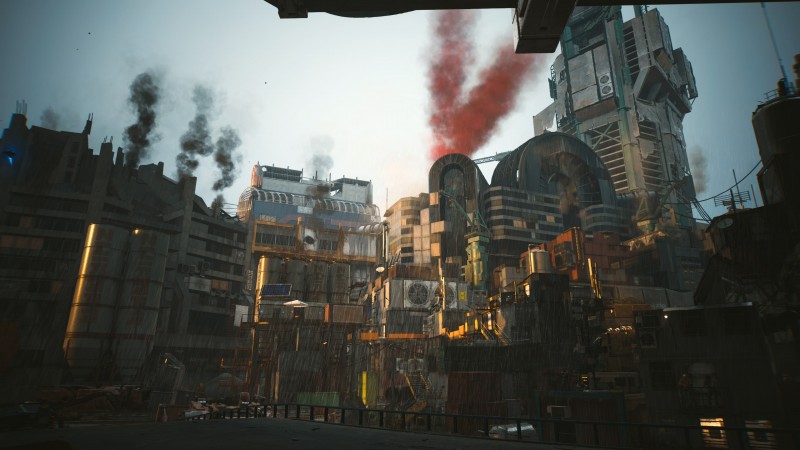
A few instances of artificial padding, like waiting a day for Reed to call V, sometimes threatened the otherwise exciting and tense pace of Phantom Liberty, but it admittedly pushed me to explore more of the expansion’s side offerings (and that was probably the point). By the time I rolled credits, it felt like I had just experienced a new 007 or Mission: Impossible movie starring V.
The highlight of my time with Phantom Liberty, however, arrived as a new extended ending to V’s narrative in Cyberpunk 2077. Getting to this ending forced me to take Phantom Liberty’s story in a direction I didn’t like, but what awaited me was worth it and then some, packing an excellent narrative punch to the story of this expansion and the base game. The new ending is reflective, heartfelt and heartbreaking, and an excellent distillation of why the cyberpunk genre exists in the first place.

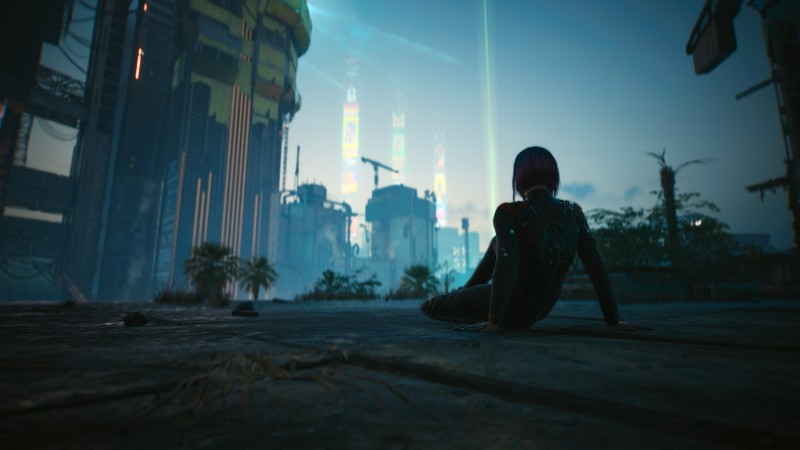
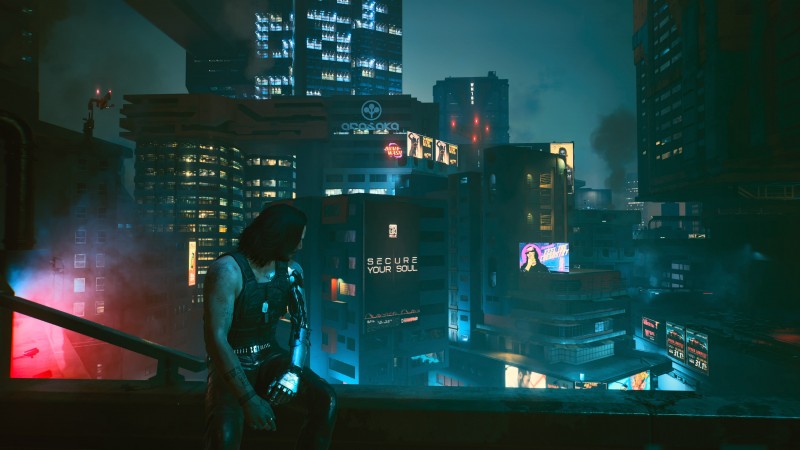
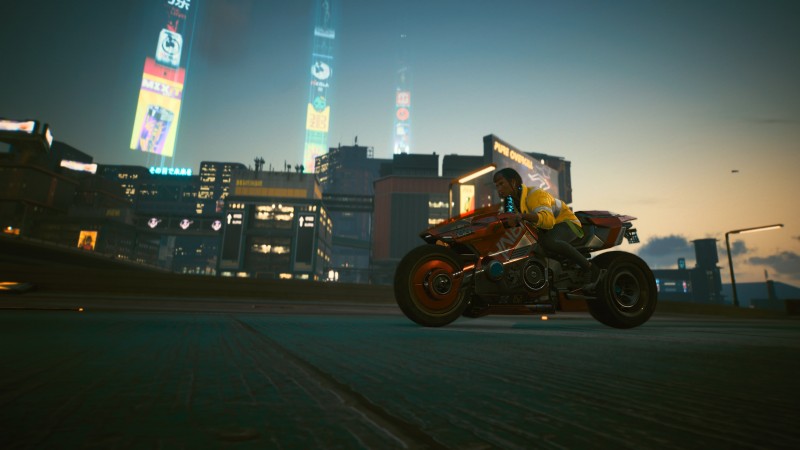
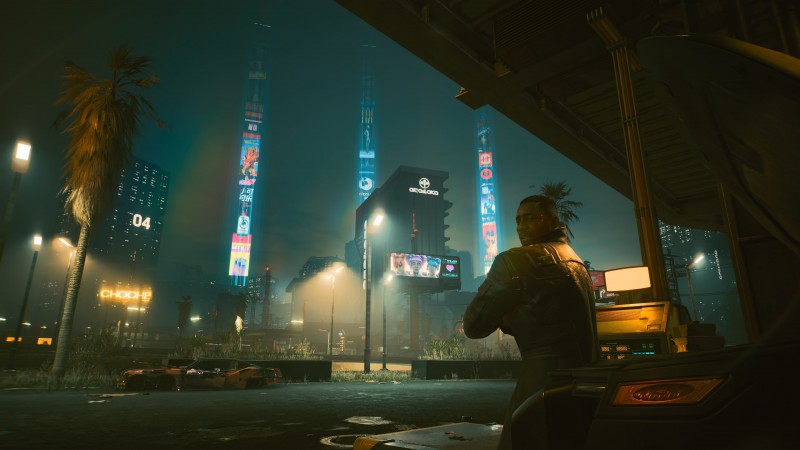
Phantom Liberty succeeds as another 20 hours of great adventure in Night City and, coupled with Cyberpunk 2077’s new Update 2.0, a culmination of three years of hard work. It makes a strong case for a return to Night City for experienced mercs and rolls out the red carpet for CDPR to showcase to newcomers all it’s done to improve Cyberpunk 2077. From a disastrous launch in 2020 to now, CDPR has finally made good on the promise of this futuristic, dystopian RPG. While Phantom Liberty doesn’t stand head and shoulders above the rest of the Cyberpunk package, it slots in nicely, like a preem piece of cyberware you’ve been waiting to be in stock.
Update 2.0 is a free update for current-gen consoles and PC that includes revamped cyberware, redesigned skill trees and perks, combat and vehicle improvements, new radio stations, and more. It’s separate from the paid Phantom Liberty expansion, which features the new spy thriller story, Dogtown, more than 100 new weapons, cars, cyberware, and fashion pieces, and an increased level cap, amongst other things. Because both are on current-gen and PC consoles only, I found performance to be mostly great, with a few frame rate hiccups here and there. Overall, Update 2.0 is an impressive rework of a three-year-old game and couples perfectly with Phantom Liberty.
![]()
Score:
8.5
About Game Informer’s review system
Purchase




